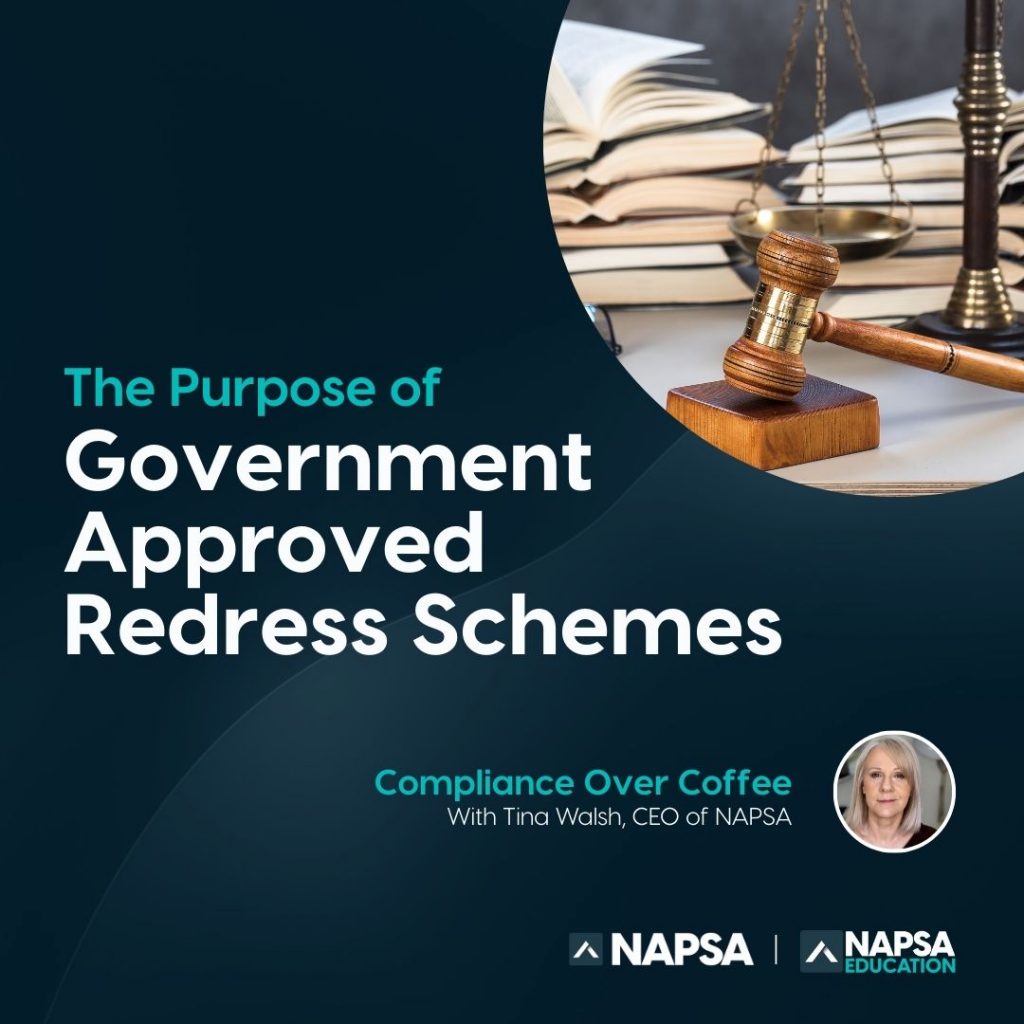In a recent webinar, we had the privilege of hosting Peter Habert, Director of Policy and Communications for The Property Ombudsman (TPO). The session delivered valuable insights into the evolving landscape of redress schemes, the responsibilities and benefits of working with TPO, and the practical realities of property sourcing and deal packaging in today’s market.
We’ve summarised key takeaways in this Hub post, as well as the full recording of the video below for those who couldn’t join live, or would like to rewatch. This session is focused primarily towards sourcing agents and deal packagers, providing a comprehensive look at redress requirements and sector changes directly affecting the sector.
Webinar Highlights (Timestamps):
- 00:45 – Introduction & TPO Headline Statistics
- 04:30 – TPO Internal Changes & New Leadership
- 08:00 – Navigating Legislative Change (Renters’ Rights & Leasehold)
- 10:15 – Opportunities for Sourcing Agents & The Importance of Due Diligence
- 13:10 – TPO’s Focus on Early Complaint Resolution
- 17:00 – TPO Investigations Process
- 18:25 – Sourcing Complaint Case Study: What Went Wrong
- 23:23 – Tour of the New TPO Website
- 33:58 – Q&A Session
Legislative Changes and Redress Scheme Requirements
Peter began the session by discussing significant legislative developments, including the Renters’ Rights Bill, which bears direct relevance for those involved in property sourcing and deal packaging. Whilst these regulations are targeted toward letting agents, there are important indirect effects for sourcing agents. With new standards such as the Decent Homes Standard and the move towards a national landlord portal, the compliance framework for deal packagers and sourcing agents will inevitably tighten.
Participation in a government-approved redress scheme, such as TPO, is not just mandatory but increasingly valuable. Investors and clients are seeking assurance that their agents are committed to professional standards.
NAPSA members, and those involved in deal packaging, can set themselves apart by prioritising membership in recognised redress schemes and by embracing best practice in compliance and due diligence.
The Importance of Early Resolution by The Property Ombudsman
A key update from TPO is its focus on early resolution, benefiting both agents and clients across all areas of property sourcing and deal packaging – Peter shared some incredibly interesting and promising stats.
By streamlining complaint assessments, TPO now resolves nearly 80% of disputes informally. This approach not only strengthens relationships but also demonstrates the effectiveness of engaging with a reputable redress scheme when issues arise. The ability to reach swift, fair outcomes is critical in maintaining trust and credibility in property sourcing transactions.
Property Sourcing Complaint: Case Study
The webinar featured a case study relevant to both property sourcing agents and those operating in deal packaging. It highlighted a sourcing agent who advised a client to conceal details relevant to their mortgage application, resulting in a failed deal and subsequent complaint.
This case illustrates why transparency, compliance with redress scheme protocols, and robust due diligence must underpin any property sourcing or deal packaging activity.
As highlighted by NAPSA and in the guidance and support we share across the sourcing sector, ethical practice and full disclosure are non-negotiable for agents who want to maintain their reputation and avoid disputes.
New TPO Resources for the Property Sourcing Sector
During the webinar, Peter shared updates on TPO’s new website, now an essential destination for property sourcing agents and deal packagers seeking redress guidance. The site provides tools such as complaint handling toolkits, template letters, and clear information about membership requirements for agents and businesses participating in redress schemes.
Looking forward, TPO is developing a member portal with resources tailored for deal packaging, property sourcing, and compliance. NAPSA agents will benefit from access to case studies, sector-specific advice, and training materials to reinforce best practice.




